Book Island
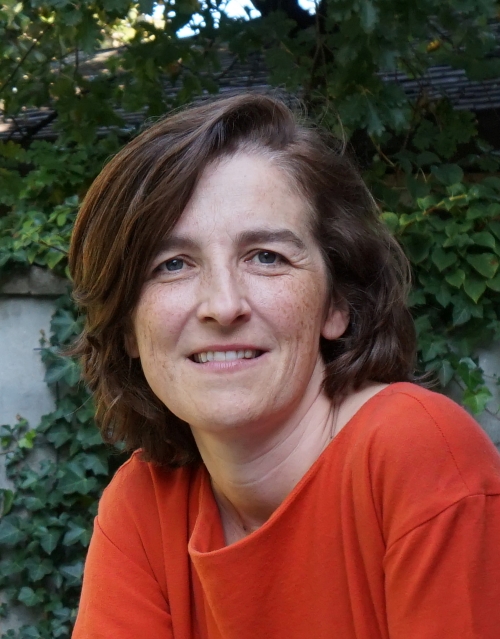
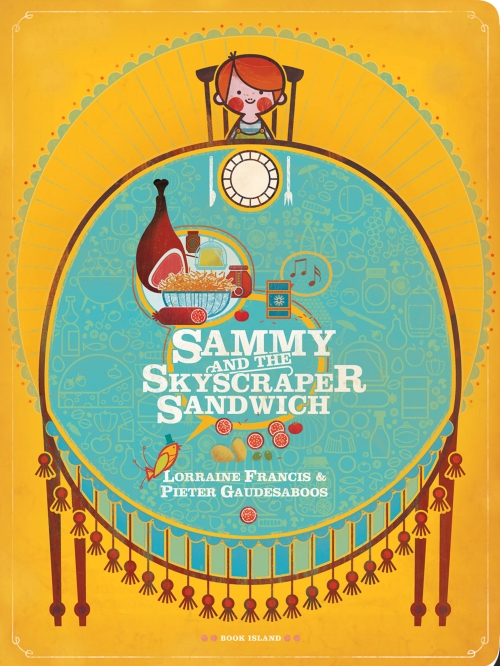
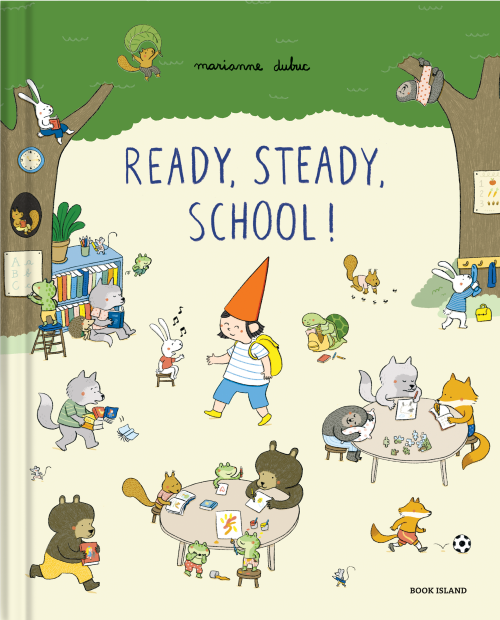
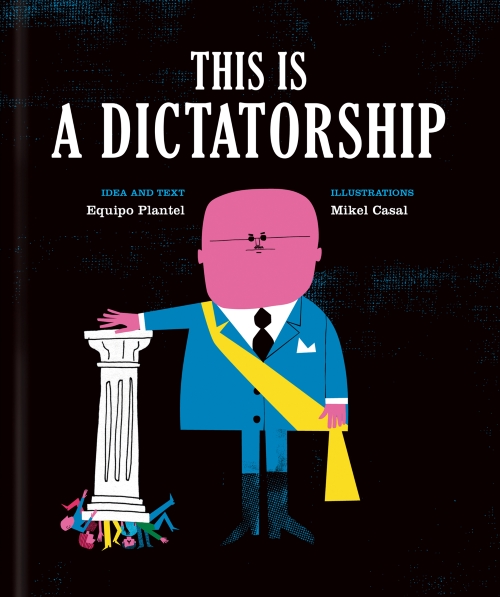
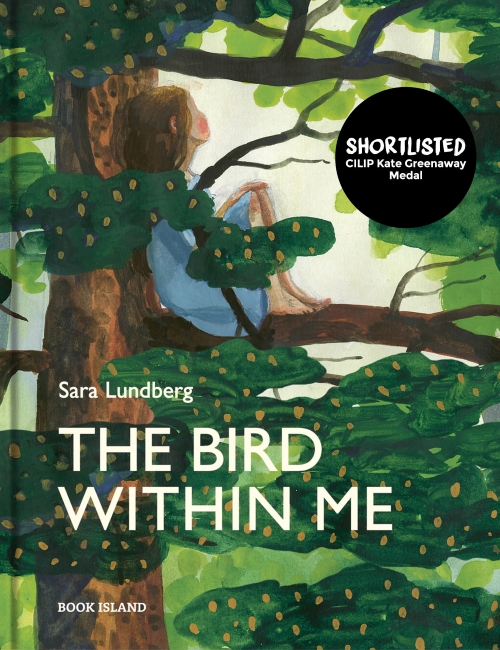
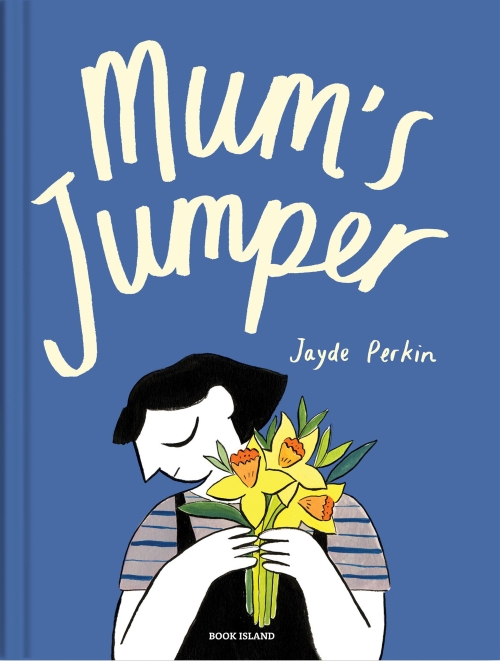
IBBY supporter Greet Pauwelijn founded Book Island in 2012, two years after moving to New Zealand with her young family. With a focus on beautiful European picture books in English translation, the publishing house brings together Greet’s love of reading with her background as a translator.
Now based in Bristol, Book Island has published over 25 picture books, tackling themes from grief to sharing, surviving dictatorships to starting school. In this interview Greet talks about what makes Book Island titles unique, the impact of Brexit and why it’s so important for children to read books from around the world.
Hi Greet, thanks for talking to us today! Could you start by telling us a bit about how Book Island came about?
When I founded Book Island we had two small children, aged 3 and 5. I was just really frustrated about the books that were available in New Zealand for my kids. I thought, I need to do something about this, not only for my children but also for the 200,000 children in New Zealand who are missing out on these amazing picture books from around the world. I know they exist, so why not just publish them myself?
That sounds like a big challenge!
It was! I didn’t know anything about publishing, but I didn’t care, I was on a mission! When I left Belgium I had to leave behind my job as a translator and teacher of future translators. I specialise in Polish, which is very rare in Belgium, let alone in New Zealand! So I just had to reinvent myself. I was in a very monolingual country and I felt I had to reconnect with my love of languages. Setting up Book Island was my way of doing that.
So, how would you define a Book Island book? How do you decide what to publish?
My process is actually very simple. When I look at new books in a foreign language I ask myself whether the picture book I’m looking at is meaningful and beautiful at the same time. You might see hundreds of thousands of books, but when you use that criteria you find very few. I often look at the artwork and think, this is gorgeous, but is it really meaningful? No. That really helps me.
With the books for older children, I also have to feel moved. I want to feel something. I want to cry or carry that book with me once I’ve read it. I also think about my readers, who are often teachers. Can they work with this book? Is there more to it than you think when you first read it? I love those books, where you need to go back to figure out if maybe there’s more to it. Very often there’s an underlying meaning or something hidden in the illustration. I love that – when a book puzzles me.
Do you think it’s important for your readers to know that your books are international?
If the story is set in a different country I think it’s important but I don’t think our readers realise that most of our books are translations. Maybe the children don’t need to know that. It’s just important that they’re exposed to different artwork and stories and that they realise books can be in different formats.
Speaking of which, quite a few of your books have unconventional sizes. Is that a deliberate choice?
I think the design element is really important. Readers here need to know that books can be in different formats. The first book we ever published was Sammy and the Skyscraper Sandwich by Lorraine Francis. The author is actually Irish and it was originally written in English, but it was first published in Dutch. The UK publishers weren’t interested because it was a board book for older children (2 to 6 year olds). But I really loved it. I thought this could be a good book to start with, to show we’re going to do things differently. I got in touch with the Flemish publishing house and I published the original English text, without having to translate it. And it did really well for us. Hundreds of schools in Ireland are now working with this book. So, it could have been published here but I think it wasn’t because of that unwritten rule in the UK that board books are only for babies.
Our new book, Ready, Steady, School! by Marianne Dubuc, is a picture book which is nearly A3 in size. It’s giant! The Canadian publisher is publishing it in a smaller format but it has so much detail that I think it’s going to be difficult to read, especially for readers who struggle with small print. We decided to publish it in the original format and charge a bit more, which might be risky. We’ll see! With every new book I just don’t know what’s going to happen.
Do you look at specific markets or language combinations for your books or could it be any language?
I’m open to any language combination but I’m a little bit drawn to countries that offer subsidies! I really love picture books from Belgium and the Netherlands, because it’s my culture and they’re also very generous with funding and very helpful. Poland and Portugal are also very generous. We’re now getting subsidies from Spain for the very first time and our first Spanish book, This is a Dictatorship, translated by Lawrence Schimel, will be released soon.
What sort of challenges do your translators face when working on your picture books?
With Ready, Steady, School! the author wanted the main character, a gnome, to be gender neutral. Our translator, Sarah Ardizzone, really had to think about how she was going to avoid the gender. It’s rather hard not to say “his” or “her”. How do you come up with solutions? It’s not easy. Our translators are amazing – they make me feel really humble.
What do you think international children’s books can bring to UK readers that might be lacking from homegrown books? Can you give an example?
One of our books has been shortlisted for the CILIP Kate Greenaway award: The Bird Within Me, a Swedish story. Through the schools shadowing scheme we get to see the reviews the children leave on the website, which is utterly wonderful! Some of them have said that this book is too sad. One said it shouldn’t be a book for children. I don’t agree with that. When I read that review I thought, poor you, you’ve been sheltered from all these important things that happen in life. Kids on the continent don’t have that. When you read children’s books in French and Dutch and Polish there’s a big chance someone dies within the first ten pages. It’s just part of the story. Here it’s often happy beginning, middle and ending, so children don’t learn about real life.
This book is very much about what life can be like and a lot of people recognise themselves in the story. This girl who wrote the review was clearly moved. It stirred all these emotions inside her and she didn’t know what to do with them. Maybe later in life when she has a really sad moment she might think about this story and think how the protagonist managed to have a really meaningful life. Maybe that will help her.
Have you had a chance to meet some of your readers in schools?
I don’t work much directly with children because Book Island is just me. If I leave my desk even for half a day I just can’t catch up with my work. I work with lots of wonderful teachers though. They write teaching notes for me which we share on our website. Some teachers will use a particular book for five years in a row. It’s very powerful. I love working with teachers. They have so many ideas and have all these different approaches. Sometimes I think I really understand the book we’ve just published and then teachers will start coming up with these amazing interpretations that I never thought of. I always learn from them.
I imagine Brexit has made life complicated for you. What has been the impact so far?
One big impact is we don’t have access to Creative Europe any more. That’s a big problem. I actually think we were the last children’s publisher in the UK to receive a grant.
And then of course there’s import and export. We had no idea how easy things were before! We always print in Europe and the books were trucked from Latvia and just magically arrived at the warehouse in London, like they were teleported! It was such a smooth process, which is normal within the European Union. I hadn’t forgotten about customs from my New Zealand experience, but it was really hard to go back to working with custom agents again. Nobody knew what they were doing. We didn’t know how spoilt we were before!
What about the Covid-19 pandemic? How has that affected your business?
Lockdown was actually good for us. Financially it was our best year ever. I think a lot of people were just looking for beautiful picture books for their children. A lot of teachers felt they deserved beautiful books because they were working so hard. They love picture books, like other people might love a bottle of good wine! At the same time they knew they were really supporting me. It was wonderful.
It was also a good year because of Mum’s Jumper, a book we did with Jayde Perkin about a little girl who loses her mum. This is the first book I’ve made with a UK author who lives here in Bristol. We sold the rights to this book to various countries during lockdown and I did a co-edition for five languages. We also printed a Welsh edition for the Welsh publishing house Graffeg and our own paperback. That kept me so busy. And I knew because of this project we would survive, and that took the pressure off me.
Recently you worked on a pre-publication campaign for your new book, Ready Steady, School! What made this campaign unusual?
With this campaign we were playing with the traditional publishing model. We were asking our followers to preorder the book on our website before it went to print and to nominate an independent bookshop of their choice. The bookshop got £4 from me and the reader received a £2 discount. I was giving away £6, nearly half the value of the book, so I wasn’t making any profit. But I wanted to ask our customers for feedback about the book before it went to print. I was also hoping to cover our print costs and pay the booksellers in advance. Normally we go to print, pay upfront, the books go to the bookshop and they pay us four months later. It’s really bad for cashflow. With this new model we get paid upfront, the booksellers get paid upfront, the only person who has to wait a bit is the customer but they seem to be happy to do that. So, if it works it’s a really good model.
Unfortunately, it didn’t go as well as I was hoping. It’s so new and I think booksellers don’t really understand it. We’ve all gone through a difficult year and booksellers have just reopened so they’re probably focused on that. I know that the book is going to be successful. It’s Marianne’s fifth book with us and it’s going to do well. It’s just the model that’s different. Maybe it’ll work in ten years’ time. And thanks to the campaign we got some really useful feedback that helped us improve the blurb, so it was worth it.
Finally, in a world where it’s harder than ever for families to travel, do you think international children’s literature has a special role to play?
I think picture books are a great way to transport yourself to another country and culture. I do believe that as publishers we should invest more in such books. I also think we should share each other’s books and stories instead of just telling the same stories in our own languages. And maybe Brexit will make readers want to connect with the continent through children’s books from other countries. Parents might think, my child isn’t going to travel as much as we used to so maybe I can make a difference by buying books from other countries. I don’t know, but maybe this is going to help.
Thanks for talking to us today Greet and good luck with your new books – we’re excited to see them!
Discover more about Book Island.
